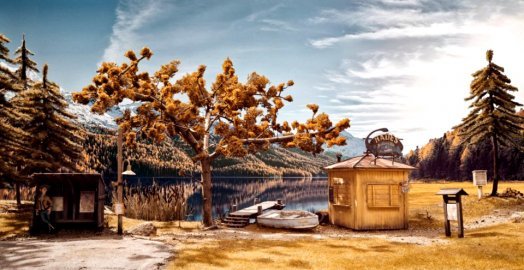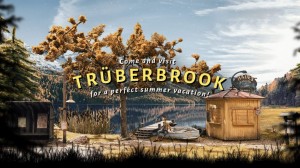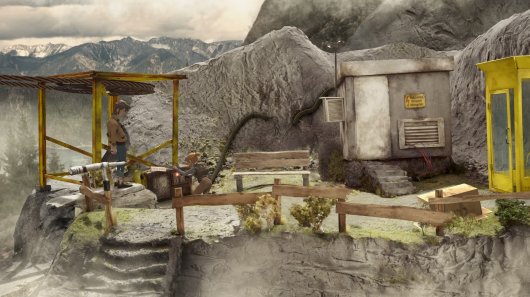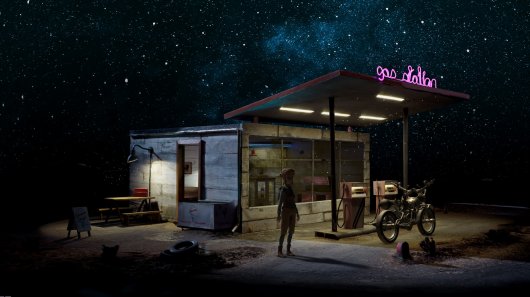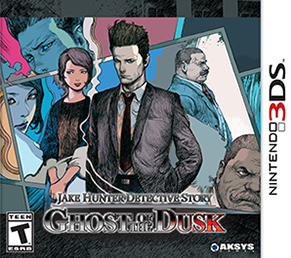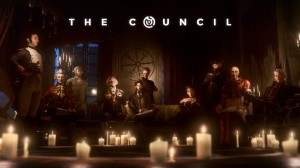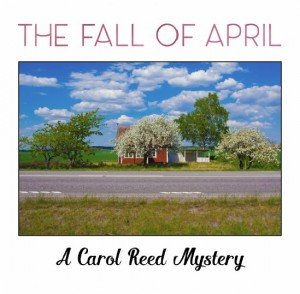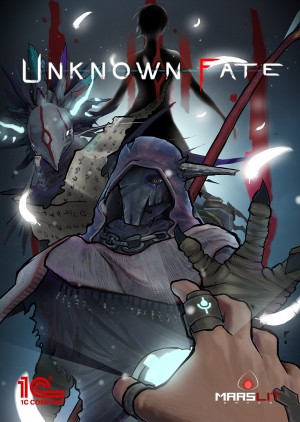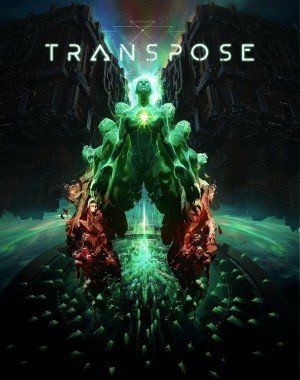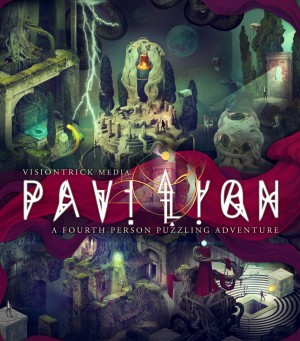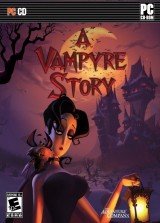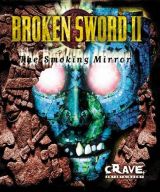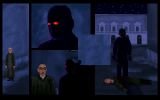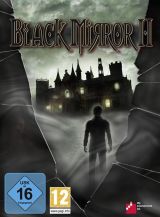Review for Trüberbrook
Game information
Adventure Gamers Awards
Trüberbrook is that guy or girl you’d instantly swipe right on Tinder. This mystery adventure game, set in late 1960s rural Germany, grabs your attention immediately with its beautifully detailed graphics. Designers btf have hand-built every bit of backdrop in the game from scratch as a miniature scale model, then captured it with a 3D scanner and only then blended it with the game’s animated characters. The effect, of a night’s sky or rugged forest where every star or tree is unique and meticulously brought to life, is stunning. Like many a hastily swiped hottie, however, the game never quite delivers as much on some of its other elements as it does on its looks. Fortunately there’s enough witty dialogue and puzzles to solve along the way that it’s only near the final chapter that things go from casual fun to overly complicated.
You play young American physicist Hans Tannhauser, who has arrived at the titular German village having won the trip in a lottery he never even knew he entered – a problem we’re all in favour of having. The developers have a lot of fun showing what a fish out of water the scientist is in the mountainous Germanic setting. I wanted to click on every little object, whether the knight’s armour in the middle of town square, a cinema poster or even a simple hanging bucket to discover more about this weird, nearly-deserted place and hear Hans’s reaction to it, as they never disappointed. Justin Beard, the voice actor for Hans, does a great job of capturing the physicist’s gentle American bemusement.
Being a scientist, Hans also has a trusty Dictaphone, on which he records reflections of the world around him. I enjoyed “collecting” these observations on different objects as I pottered around, feeling like a real professor, and you can even play them back again if you want, in recorded sound quality. Tannhauser eventually arrives at the wonderfully titled Pension Waldeslust, his hostel, but doesn’t quite receive the warm welcome he was expecting. In the middle of the night someone sneaks into his room and steals his precious documents. With the help of straight-talking fellow scientist Gretchen, also in Trüberbrook for her own research, Hans decides to embark on an adventure to uncover the thief, get back his work, and along the way discover the mysteries of this quaint yet secretive village.
Throughout the journey, usually alone but occasionally accompanied by Gretchen, Hans comes across some delightfully oddball characters. You chat with the village’s loonies by clicking on them to bring up a verb coin, which in turn brings up various dialogue strands, all fully voiced. With so many selections, Trüberbrook is thankfully the good kind of adventure game where you know what line of dialogue you’re supposed to choose, but you go through every option anyway because the writing is such that it’s fun to have a natter with everybody about everything. Trude, the big bosomed blonde hostel receptionist with a penchant for massage rods is a particular highlight, as is Barbarossa 2000, a lonely robot who just wants a friend. There’s an occasional smattering of “I’m Bobbin, are you my mother” and other LucasArts references sprinkled in here and there, but really the script is so well written that in-jokes aren’t needed for a laugh.
Moving Hans is a simple case of pointing and clicking – a double-click makes the quiffed scientist run (albeit slightly hunched over; this isn’t your typical all-action hero after all) and tapping on certain hotspots highlighted by the cursor will bring up the verb coin, though only certain items will elicit the “hand” or “gear” icon indicating that they can either be used or something can be used with them. In similar typical German efficiency, holding down the spacebar highlights any interactive objects in the area, although cleverly if there isn’t any light or Hans can’t see, then the hotspots won’t appear. With so much to click on in the game, the indicator is a welcome touch and actively encourages you to explore everything.
Any items you do pick up go into your inventory, but unlike more traditional adventure games, once they’re in there you can’t mouseover or click on your items to find out what they are or anything about them. Sometimes I found if I failed to examine something before I picked it up, I had no idea what it was because Hans would simply put it in his inventory straight away rather than describing it. This is made slightly less frustrating by a cartoon image of the item flashing up on the screen when collected, albeit briefly, so most of the time I was able to roughly guess what it was from the picture. (If you need a refresher, you can open the non-interactive inventory bar to see the same but smaller images of all your items again.) It was only once when the object in question was a RAM module that I didn’t have the foggiest idea. Still, it felt odd carrying round lots of items, the purpose and description of which I could only vouch for with 80-90% confidence.
In most of Truberbrook’s puzzles you find and pick something up, then use it with another object somewhere else in the map to make something happen and move the story along. The task is more in locating the items to pick up than in knowing where to use them, as the verb coin takes away any challenge. For example, if you’ve picked up some bait and a fishing rod, there’s no way of using your own initiative to combine them in your inventory to go fishing. Instead, once you’ve picked them both up, all you have to do is wander to the pier and click on it, and the verb coin will show you a picture of the only items you are able to attempt there, although not all of them are used successfully. In other words, any difficulty around which item should be used where is essentially gone.
Some people may prefer this simplified approach and there are still some fun puzzles to enjoy – one where you have to take part in a “Swap Shop” equivalent of trading goods with lots of different characters to get the one you actually want is particularly entertaining. If there was an option to toggle whether the verb coin reveals the items you need to use or not, that might have been a better way of keeping the easier option if people need it but letting more seasoned adventure gamers have a challenge too. As it was, I was still entertained by wandering around and interacting with random junk, knowing I’d find somewhere to use it without needing to think too much about it. There are also one or two puzzles that do away with the need for inventory altogether, such as an intriguing one based around deciphering symbols from different historic eras, which brings a nice change of pace to the puzzle-solving rhythm.
The music of Trüberbrook is in keeping with its nostalgic, mysterious setting – all inconspicuous, looping jazz-lite guitar and saxophone chords, lending the game a certain noir vibe. At one point in the story you get to sit back and listen to a band perform a melancholic number where you choose the verses, with beautiful lyrics like “galaxies are like diamonds in the palms of his hand.” It’s an atmospheric interlude between the pointing and clicking, though you can still do some of that to set off decorative fireworks until the song is finished. During conversation with the locals, actual German voice actors feature their own natural accents when speaking English, a little touch that helps make everything feel that bit more genuine.
Before the tale came to an end, I had ventured beyond town to discover dark caves, a snowed-in weather station and boggy swamps, all beautifully lit and some of them revisited at entirely different times of day and night. What’s particularly impressive is the amount of animation included to really bring to life each scene – particularly knowing it meant blending CG with real sets. The very first scene is especially breathtaking, as if btf knew that everyone would be judging them on their unusual visual technique and decided to make it something special. As you potter about at a gas station, the deep night’s sky teems with a million stars, whilst a purple neon sign flickers idly and individual fireflies float dozily in the air. Nothing later quite matches up to this Van Gogh-like vista, especially the game’s final scenario, which jettisons any picture postcard beauty for a static confrontation inside a grey building.
I was similarly excited by the game’s early promise of an eccentric Stranger Things or Twin Peaks-style adventure with lots of surreal intrigue, but it never quite gets there. A brief spell in a local Sanatorium trying to prove you’re not an alien has great potential, but instead it’s over and done with so quickly and never really referred to again that it feels pointless. For all its quirky cast and alluded-to mysteries of a sinister organisation running things from the sidelines, the plot feels a little rushed, and big narrative points are met with more of a shrug than a gasp. The game does a great job in setting up a shadowy village on the edge of nowhere for you to get lost in – only to get lost itself in confusing plot strands that don’t really go anywhere, at least until the very end.
That said, for the majority of the seven or eight hours of gameplay, the well-realised characters, unusual setting and beautiful landscapes provide enough reason in themselves to explore this enigmatic world. Trüberbrook is at its best when you’re simply wandering around in the alpine air, bumping into people with interesting tidbits to tell you and picking up weird objects like time travelling prototypes or funky glowing marsh mushrooms. Like many a whirlwind romance, things start to fizzle out when it gets more complex than that – but there’s such warmth and charm to be found throughout, you’ll still look back with fond memories on your time spent together.
WHERE CAN I DOWNLOAD Trüberbrook
Trüberbrook is available at:
- GOG -90%




